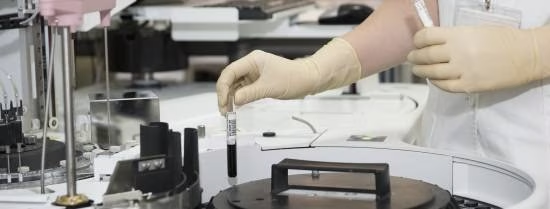Reimbursement decisions almost always concern pharmaceuticals. But other types of healthcare interventions should also be critically assessed. Or is that not so easy? And do health technology assessments take into account how much profit the pharmaceutical company makes? That wouldn't be surprising given the fuss about high drug prices, wouldn't it?
The above questions prompted joint research by ESHPM and the Dutch National Health Care Institute (Zorginstituut Nederland). This research was carried out by the Research Network HTA NL and was given the working title "Broadening Health Technology Assessment” (HTA). HTA is a systematic process that aims to determine the value of a healthcare technology (such as a pharmaceutical) to inform decision-makers. Zorginstituut Nederland uses HTA to set boundaries to the content of the basic benefit package, in other words to make reimbursement decisions.
The joint research resulted in the publication of several scientific articles. The first of these provides an overview of the challenges of using HTA to assess other types of care (non-drugs). The Scientific Council for Government Policy (WRR) specifically refers to this article within the advice " Kiezen voor houdbare zorg" in their recommendation to broaden the scope when managing the basic benefit package. A great result of the collaboration between science (ESHPM) and policy (Zorginstituut Nederland).
With their other studies, PhD student Joost Enzing, promoters Werner Brouwer, Bert Boer and co-promoter Saskia Knies also hope to contribute to the optimization of the decision-making framework and underlying HTA methodology that is used for decisions concerning the content of the basic benefit package.
The publications of this PhD trajectory can be found via PhD student Joost Enzings People Page.
